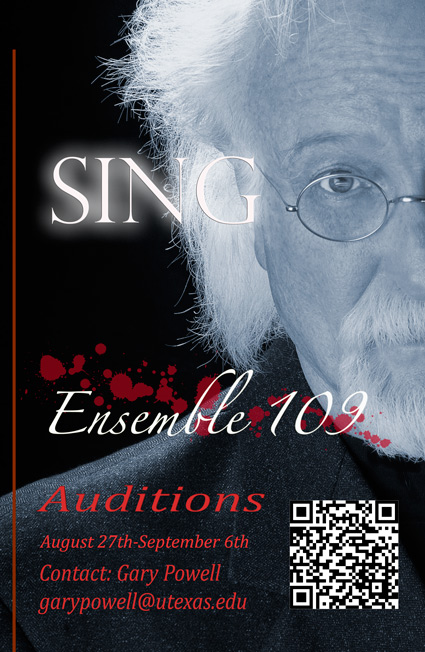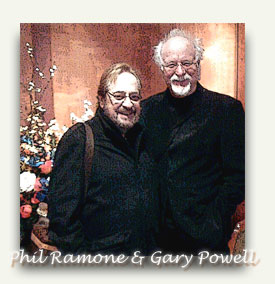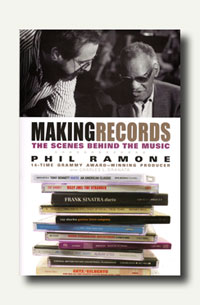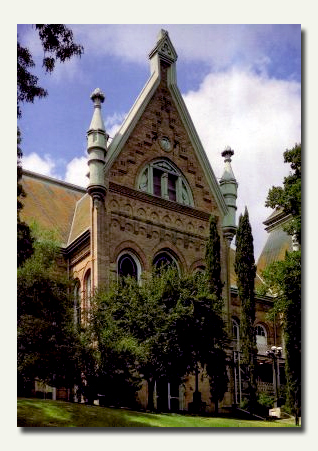By Gary Powell
The entirety of American entertainment media is focused on presenting musicians as celebrity. They build it, they burn it, they revive it, they contrive it, and when the story has been fully exposed to death, they trash it; moving on to develop their next prey payday.
Whilst all this non-sense is premiering on your favorite guilty-pleasure channel, there is another largely unpublished story. This other story is about the non-celebrated über talented musician, including singers, who perform everyday in recording studios around the world. You will hear them performing every time you are engaged with any media: television, YouTube, radio, all online productions, etc. These singers who are always there, and unknown to the public, are creating sustainable wages for themselves through singing in recording studios. Have any of them been trained for this? And if so, what’s involved in training singers for this job description: Recording Studio Session Singer? More on that later.

Major media reporting on the music business is essentially silent. You see, they have confused the music business with the celebrity business. And, if not, they are screaming “FIRE” in a crowded building proclaiming that the music business is dead. Why? Because, it’s a great story, whether true or not. Here’s the kicker; while bands and individuals are performing free satisfying only the venues and beer distributors, recording sessions singers are being paid in the studio. But, don’t recording session singers have to give away their talent to bet
on the come? No, usually not. If so, they will have a very short career.
Here’s the catch: recording session singers lead with their ears, not their voices.
What are the consequences when applying supply-demand within this music business model for singers…when they are so plentiful? We have millions of singers, just in the USA, hoping to be “discovered” and lifted into celebrity. Of these singers, even the extraordinarily talented ones may not have the skill-set, the talent, required of a professional recording session singer. Here’s why: Most find one small sliver of talent in themselves early in their life, finding no reason to widen it. If everything is going your way, why would you wish to become fluent in all musical genres and vocal styles? Here’s another why: A session singer’s aptitude itself demands being serviced with knowledge, discipline, and practice in order to satisfy its auditory curiosity about sound. These singers may find themselves wondering about the sound of a weed-eater and wondering if there is there anything for them to learn about it. I love these people. Here’s the catch: they lead with their ears, not their voices.
If the aptitude is there and the interest follows, then the rest can be taught. Now, we arrive at the University of Texas Butler School of Music’s elite performing and recording vocal group, Ensemble 109.
Since 1985, I have been training singers to be professional recording “session singers.” The training is unique although it borrows from every possible vocal sound a human can make. Beyond the vocal training, singers are introduced to this hidden world, this non-celebrated world, where talent is traded on the free market. This does not mean these singers cannot have a solo career. Many do. You can meet some of these session singers here on my site.
You can follow the current version of Ensemble 109 at these web portals:
“Ensemble 109 on Behance / Ensemble 109 on YouTube / Ensemble 109 on SoundCloud / Ensemble 109 on Facebook
By Gary Powell
The entirety of American entertainment media is focused on presenting musicians as celebrity. They build it, they burn it, they revive it, they contrive it, and when the story has been fully exposed to death, they trash it; moving on to develop their next prey payday.
Whilst all this non-sense is premiering on your favorite guilty-pleasure channel, there is another largely unpublished story. This other story is about the non-celebrated über talented musician, including singers, who perform everyday in recording studios around the world. You will hear them performing every time you are engaged with any media: television, YouTube, radio, all online productions, etc. These singers who are always there, and unknown to the public, are creating sustainable wages for themselves through singing in recording studios. Have any of them been trained for this? And if so, what’s involved in training singers for this job description: Recording Studio Session Singer? More on that later.

Major media reporting on the music business is essentially silent. You see, they have confused the music business with the celebrity business. And, if not, they are screaming “FIRE” in a crowded building proclaiming that the music business is dead. Why? Because, it’s a great story, whether true or not. Here’s the kicker; while bands and individuals are performing free satisfying only the venues and beer distributors, recording sessions singers are being paid in the studio. But, don’t recording session singers have to give away their talent to bet
on the come? No, usually not. If so, they will have a very short career.
Here’s the catch: recording session singers lead with their ears, not their voices.
What are the consequences when applying supply-demand within this music business model for singers…when they are so plentiful? We have millions of singers, just in the USA, hoping to be “discovered” and lifted into celebrity. Of these singers, even the extraordinarily talented ones may not have the skill-set, the talent, required of a professional recording session singer. Here’s why: Most find one small sliver of talent in themselves early in their life, finding no reason to widen it. If everything is going your way, why would you wish to become fluent in all musical genres and vocal styles? Here’s another why: A session singer’s aptitude itself demands being serviced with knowledge, discipline, and practice in order to satisfy its auditory curiosity about sound. These singers may find themselves wondering about the sound of a weed-eater and wondering if there is there anything for them to learn about it. I love these people. Here’s the catch: they lead with their ears, not their voices.
If the aptitude is there and the interest follows, then the rest can be taught. Now, we arrive at the University of Texas Butler School of Music’s elite performing and recording vocal group, Ensemble 109.
Since 1985, I have been training singers to be professional recording “session singers.” The training is unique although it borrows from every possible vocal sound a human can make. Beyond the vocal training, singers are introduced to this hidden world, this non-celebrated world, where talent is traded on the free market. This does not mean these singers cannot have a solo career. Many do. You can meet some of these session singers here on my site.
You can follow the current version of Ensemble 109 at these web portals:
“Ensemble 109 on Behance / Ensemble 109 on YouTube / Ensemble 109 on SoundCloud / Ensemble 109 on Facebook

 Ensemble 109, named after its course number, first came into the academic catalog at the University of Texas Butler School of Music in the Spring semester, 1985. Directed by recording producer Gary Powell, who wrote all the musical arrangements, the group averaged eighteen shows per semester performing for UT System events and gala events in central Texas. This very popular ensemble’s auditions were open to any registered University of Texas student, regardless of major. Many students sang with Ensemble 109 their entire college career. Most former members are still singing and several went on to enjoy successful careers in music. The group disbanded when Powell left UT to pursue his professional career full-time in 1992. He has continued to train singers and performers who are currently working professionally across the country including Broadway, Disney World, cruise ships, Hollywood and points in-between.
Ensemble 109, named after its course number, first came into the academic catalog at the University of Texas Butler School of Music in the Spring semester, 1985. Directed by recording producer Gary Powell, who wrote all the musical arrangements, the group averaged eighteen shows per semester performing for UT System events and gala events in central Texas. This very popular ensemble’s auditions were open to any registered University of Texas student, regardless of major. Many students sang with Ensemble 109 their entire college career. Most former members are still singing and several went on to enjoy successful careers in music. The group disbanded when Powell left UT to pursue his professional career full-time in 1992. He has continued to train singers and performers who are currently working professionally across the country including Broadway, Disney World, cruise ships, Hollywood and points in-between.


